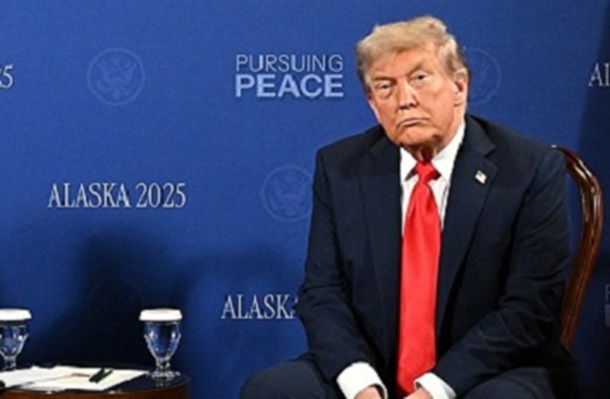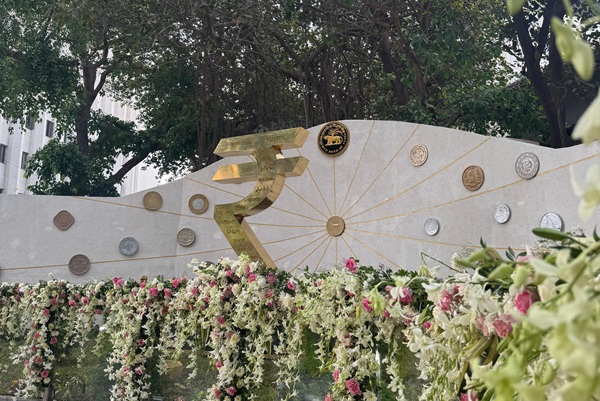.png)

Krishnadevan is Editorial Director at BasisPoint Insight. He has worked in the equity markets, and been a journalist at ET, AFX News, Reuters TV and Cogencis.
March 27, 2025 at 5:07 AM IST
IndusInd allowed a designated employee to run an options position on its own shares until March 6, 2025—just days before it disclosed a hit equivalent to 2.4% of its net worth, or about ₹15 billion, from accounting lapses.
From January 2023, insiders at the bank executed 47 equity derivative trades while possessing confidential financial information. Why start from January 2023? That’s when the bank’s FX derivatives book began to unravel—a fact known internally but not to auditors or the public.
At its core, this episode reveals a system that lets insiders profit from knowledge others don’t have. It’s institutionalised front-running. These were leveraged trades, made while holding non-public, market-moving information. Such behaviour isn’t just unethical—it corrodes shareholder trust and gives Indian markets the look of a rigged game.
SEBI defines “designated persons” as those whose roles provide access to unpublished price-sensitive information. Allowing such people to bet on their own bank’s securities is not only a conflict of interest—it is a betrayal of shareholder trust.
These employees exploited privileged knowledge to earn more than any regular shareholder could, violating basic principles of fairness and market transparency. Worse, they did so through derivatives—tools that multiply gains and losses. Disclosures do not neutralise this breach. In fact, they enable it—providing a veneer of legitimacy to what should be banned outright.
Banks occupy a unique role in the economy. They are custodians of public deposits and serve as channels for monetary policy and credit distribution. The RBI recognises this, which is why it applies strict “fit and proper” criteria for bank leadership, demanding integrity, competence, and ethical conduct.
The RBI’s framework is clear in spirit, even if not always in implementation. Trading derivatives based on insider information directly undermines the credibility of that framework. It breaks the covenant of trust between bankers, regulators, and the public.
Even IndusInd Bank’s own Code of Ethics prohibits trading on internal business developments and warns against personal interests conflicting with stakeholder obligations. That such trades were permitted despite this highlights both regulatory gaps and internal failings.
SEBI already bans insider trading, including in derivatives. Letting bank insiders trade even with disclosure not only violates this principle but also creates exploitable loopholes. This is not compliance—it’s gaming the system. It signals tolerance for behaviour that, in other countries, would invite swift penalties.
The systemic risk is not theoretical. Derivatives are leveraged bets. When misused inside a bank, they don’t just threaten trading desks—they endanger depositors, shareholders, and market stability. The world has seen this play out in rogue trader scandals that triggered massive losses and regulatory overhauls.
Globally, the rules are clear. In the US and the UK, insiders are strictly barred from speculative trading involving their own firms’ shares, especially through derivatives. These restrictions exist because even the appearance of conflict of interest can be corrosive.
India must follow suit. The RBI should explicitly prohibit bank employees with access to sensitive information from trading in derivatives tied to their own institutions—be it equity or debt. This would not be an overreach. This is RBI doing its job—restoring trust in a system now compromised.
Banks themselves must be barred from trading in their own securities, as this opens the door to manipulation. Enforcement should be strict, with penalties that include dismissal, financial sanctions, and criminal proceedings where warranted. A zero-tolerance policy is not an option—it is a necessity.
It is not enough to rely on disclosure regimes or codes of conduct. These have proven inadequate. What is needed is regulatory clarity and a willingness to act decisively.
The RBI cannot allow India's financial system to become a playground for insiders. The stakes are too high. Every instance of insider enrichment weakens the foundation of trust on which the financial system rests.
India’s aspirations to be a global financial hub rest on the credibility of its institutions. The time to act isn’t later—it’s now.
Also read:
India’s Banks Need Stronger Boards And Risk Controls
IndusInd Bank - Battling Several Storms




